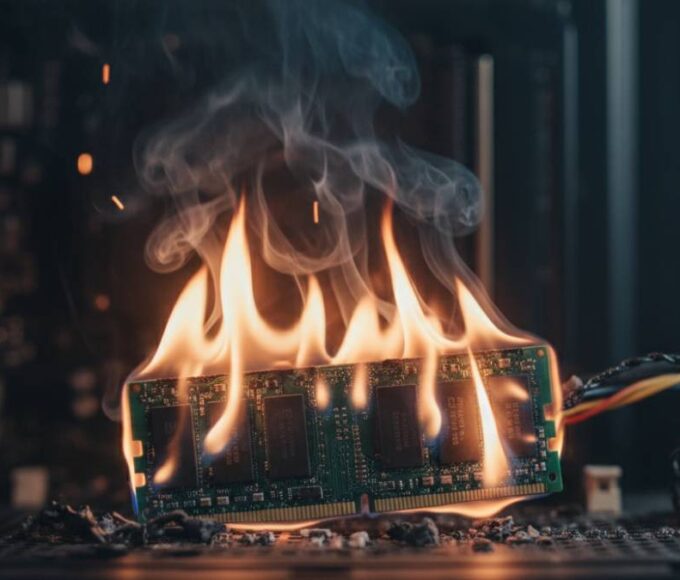Intel is having trouble with a crucial manufacturing step for its upcoming “Panther Lake” laptop chip, according to people familiar with the matter.
The chip uses Intel’s advanced 18A process, a technology designed to help the company compete with leading chipmaker TSMC. Intel has invested billions to develop 18A and upgrade factories. The goal is to produce powerful, efficient chips at scale and boost its contract chipmaking business.
However, only a small number of the chips made so far meet quality standards, which could hurt Intel’s profits. The “yield” — the percentage of usable chips from production — was around 5% late last year and improved to about 10% this summer, sources said. Intel’s Chief Financial Officer, David Zinsner, said yields are better than reported but did not provide exact figures.
Intel aims to start high-volume production of Panther Lake chips later this year. The company said the launch is “fully on track” and expects yield to improve over time.
Experts say Intel’s aggressive push to use new technology in 18A increased manufacturing risks. Some called the effort a “Hail Mary” pass — a risky move to close the gap with competitors.
If Intel cannot improve yields, it might have to sell chips at lower profits or losses. Intel also warned it could stop making leading-edge chips if it does not secure outside customers for its next-generation 14A process.
Intel still relies on TSMC for some chip production and plans to continue this for future chips like “Nova Lake.”











